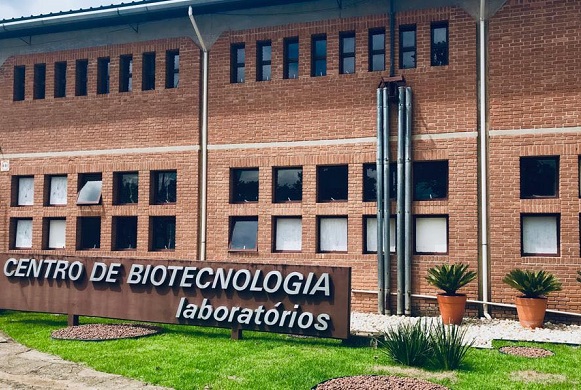Histórico
The Department of Biotechnology – LOT is one of the four research and education departments that integrate the Engineering College of Lorena of the University of São Paulo – EEL/USP.
The precursory activities of the department began in 1974, with the participation of a technical team of the Instituto Nacional de Tecnologia – INT. At that time, a study was carried out by several research institutions, under the coordination of the Secretaria de Tecnologia Industrial of the Ministério da Indústria e Comércio, in order to find a national substitute for petroleum. Research has focused on the production of ethanol from non-conventional raw materials such as cassava, sorghum, wood and lignocellulosic residues, culminating with the installation of several pilot plants on what would come to be the campus of the Faculdade de Engenharia Química de Lorena – Faenquil , in the city of Lorena, SP.
From 1984, the then Divisão de Biotecnologia of the Fundação de Tecnologia Industrial began to focus on the development of biotechnological processes prioritizing those related to the use of lignocellulosic biomass. With the financial support of the World Bank, in 1987 the Department of Biotechnology was created, with the construction of a building of laboratories near the pilot plants. Thus, in one place, the ideal conditions for the development of laboratory research and its transfer to the pilot scale were met.
In 1991, the institution became a state institution, and the Center started to be formally called Department of Biotechnology.
In 1994 the department began its activities in Graduate eduction, offering the course of Industrial Biotechnology at Masters level.
In 1998, with own resources and funding from CAPES, FAPESP and FINEP, several annexes to the main building were built, including Graduate Laboratory, Library, Classrooms, Microbrewery, Laboratories of Chemistry of Lignocellulosic Materials and Treatment of Effluents, Laboratory of Probiotics and Laboratories of Fermentation.
In 1999, the facilities of the department continued to be expanded, with the construction of several research laboratories and support rooms.
With the objective of supplying the demand for a professional capable of managing industrial processes involving raw materials and catalysts of biological origin, the department proposed the creation of the undergraduate course in Biochemical Engineering. This course, first in Brazil, began to be offered in 1999, and was recognized by the Conselho Estadual de Educação do Estado de São Paulo through the CEE feedback nº 410/2003.
In 2000, the Graduate Program in Industrial Biotechnology – GPIB received the recommendation of CAPES to offer the course at the Doctoral level, which occurred from the second semester of the same year, with the main objective of training highly qualified professionals capable of solving problems relevant to the development and improvement of processes and products in the areas of Biomass Conversion and Applied Microbiology. The quality of the activities developed in themes that deal with the biotechnological conversion of isolated fractions of the raw biomass into products of economic interest as well as in the area of environmental biotechnology related to the ecotoxicological monitoring of waters and the treatment of effluents is recognized nationally and internationally. More recently, the program has incorporated a relevant area that includes studies of functional plant genomics and genetic engineering of microorganisms.



 Imprimir
Imprimir